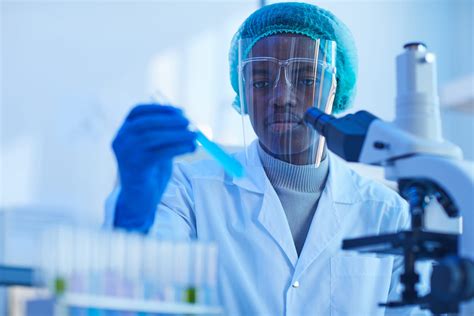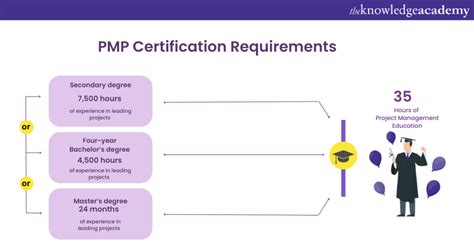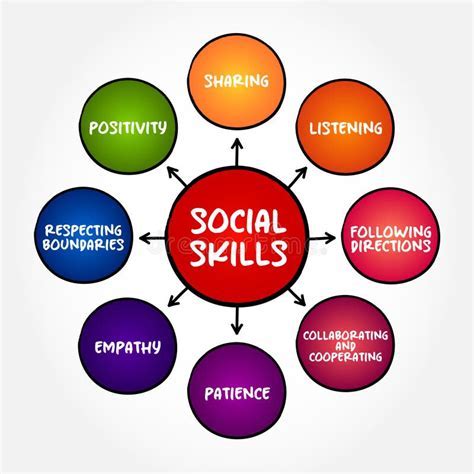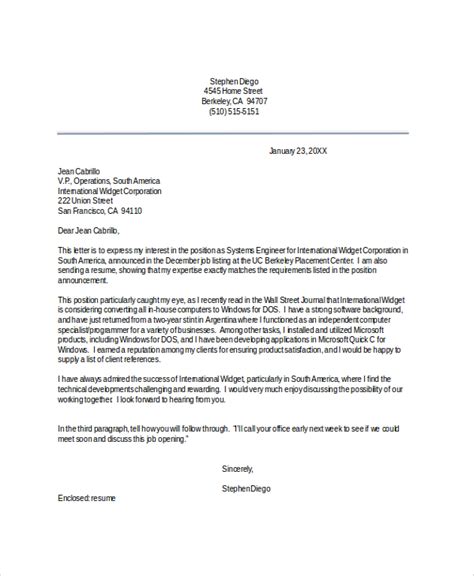Intro
Landing a job as a clinical laboratory technician can be a challenging task, especially for recent graduates or those new to the field. However, with the right combination of education, skills, and experience, you can increase your chances of success. In this article, we will discuss seven ways to land a clinical laboratory technician job and provide tips and advice to help you stand out in a competitive job market.

1. Meet the Basic Requirements
Before applying for a clinical laboratory technician job, make sure you meet the basic requirements for the position. This typically includes:
- A high school diploma or equivalent
- Completion of a clinical laboratory technician training program approved by the National Accrediting Agency for Clinical Laboratory Sciences (NAACLS)
- Certification as a Medical Laboratory Technician (MLT) or Clinical Laboratory Technician (CLT) through the American Society for Clinical Pathology (ASCP) or the American Medical Technologists (AMT)
Certification Requirements
Certification is not always required, but it is highly recommended. Certification demonstrates your expertise and commitment to the field, and it can give you a competitive edge in the job market.

2. Gain Practical Experience
Practical experience is essential for clinical laboratory technicians. Many employers require applicants to have at least one year of experience in a clinical laboratory setting. You can gain experience by:
- Volunteering or interning at a hospital or clinical laboratory
- Participating in a clinical laboratory technician training program that includes a practicum or clinical rotation
- Working as a laboratory assistant or medical laboratory technician in a clinical laboratory setting
Benefits of Practical Experience
Practical experience provides hands-on training and helps you develop the skills and confidence you need to succeed as a clinical laboratory technician. It also demonstrates your commitment to the field and your ability to apply theoretical knowledge in a real-world setting.

3. Develop Your Skills
Clinical laboratory technicians require a range of skills, including:
- Analytical and problem-solving skills
- Communication and teamwork skills
- Attention to detail and accuracy
- Ability to work in a fast-paced environment
Ways to Develop Your Skills
You can develop your skills by:
- Participating in continuing education courses or workshops
- Joining professional organizations, such as the American Society for Clinical Pathology (ASCP) or the American Medical Technologists (AMT)
- Reading industry publications and staying up-to-date with the latest developments in clinical laboratory technology

4. Network and Make Connections
Networking and making connections in the field can help you learn about job opportunities and get your foot in the door. You can network by:
- Attending industry conferences and events
- Joining professional organizations, such as the American Society for Clinical Pathology (ASCP) or the American Medical Technologists (AMT)
- Connecting with other clinical laboratory technicians on social media platforms, such as LinkedIn
Benefits of Networking
Networking provides opportunities to meet people in the field, learn about job opportunities, and get advice from experienced professionals. It can also help you stay up-to-date with the latest developments in clinical laboratory technology.

5. Tailor Your Resume and Cover Letter
Your resume and cover letter should be tailored to the specific job you are applying for. Make sure to:
- Highlight your relevant education, skills, and experience
- Use keywords from the job posting to describe your qualifications
- Keep your resume and cover letter concise and easy to read
Resume and Cover Letter Tips
- Use a clear and concise format
- Use action verbs, such as "analyzed" and "prepared"
- Emphasize your achievements and qualifications

6. Prepare for Interviews
Preparing for interviews is essential to making a good impression and showcasing your skills and qualifications. Make sure to:
- Research the company and the position
- Practice answering common interview questions
- Prepare any materials you may need, such as references or a portfolio
Interview Tips
- Be confident and enthusiastic
- Use examples to illustrate your skills and experience
- Ask questions about the company and the position

7. Consider Further Education or Specialization
Further education or specialization can help you advance in your career and increase your earning potential. Consider:
- Pursuing a bachelor's degree in medical technology or a related field
- Specializing in a particular area of clinical laboratory technology, such as molecular diagnostics or cytotechnology
Benefits of Further Education or Specialization
- Increased earning potential
- Greater job satisfaction and autonomy
- Opportunities for advancement and leadership

By following these seven steps, you can increase your chances of landing a clinical laboratory technician job and advancing in your career. Remember to stay focused, persistent, and committed to your goals.
We hope this article has provided you with valuable insights and tips to help you succeed in your career as a clinical laboratory technician. If you have any questions or comments, please feel free to share them below.
What is the average salary for a clinical laboratory technician?
+The average salary for a clinical laboratory technician varies depending on factors such as location, experience, and certification. According to the Bureau of Labor Statistics, the median annual salary for medical laboratory technicians was $51,770 in May 2020.
What is the job outlook for clinical laboratory technicians?
+The job outlook for clinical laboratory technicians is positive, with the Bureau of Labor Statistics predicting a 7% growth in employment opportunities from 2020 to 2030. This growth is due to an increased demand for laboratory testing and a growing population.
What are the typical duties of a clinical laboratory technician?
+The typical duties of a clinical laboratory technician include collecting and preparing samples, performing laboratory tests, analyzing results, and reporting findings to healthcare professionals.
